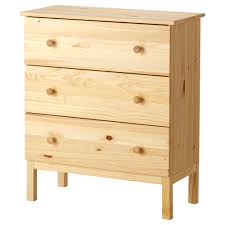记忆方法
将“drawer”拆分成“draw”和“er”。想象一个“draw”动作,比如拉开一个抽屉。这样,“draw”代表动作,“er”是名词后缀,结合起来就是“drawer”,意为“抽屉”。通过动作想象可以帮助记忆这个单词。
以上内容由AI生成, 仅供参考和借鉴
英语词源
- drawer
-
drawer: [16] A drawer is literally something that is ‘drawn’ or ‘pulled’ out. The coinage was perhaps based on French tiroir ‘drawer’, which was similarly derived from the verb tirer ‘pull’. The same basic notion underlies the formation of drawers [16], a superannuated term for ‘knickers’, which were originally ‘garment pulled on’.
- drawer (n.)
- mid-14c., agent noun from draw (v.). Attested from 1570s in sense of a box that can be "drawn" out of a cabinet.
权威例句
- 1. He folded the papers and stuck them in his desk drawer.
- 他将文件叠起来,塞进自己的书桌抽屉里。
- 2. There's an extra blanket in the bottom drawer of the cupboard.
- 壁橱最下面的抽屉里还有一条多余的毯子。
- 3. He picked each lock deftly, and rifled the papers within each drawer.
- 他熟练地撬开每一把锁,把每个抽屉里的文件都偷走了。
- 4. The keys are in the back left-hand corner of the drawer.
- 钥匙放在抽屉里面左边一角。
- 5. He had the drawer open and was thumbing through the files.
- 他打开抽屉,翻看着档案。
